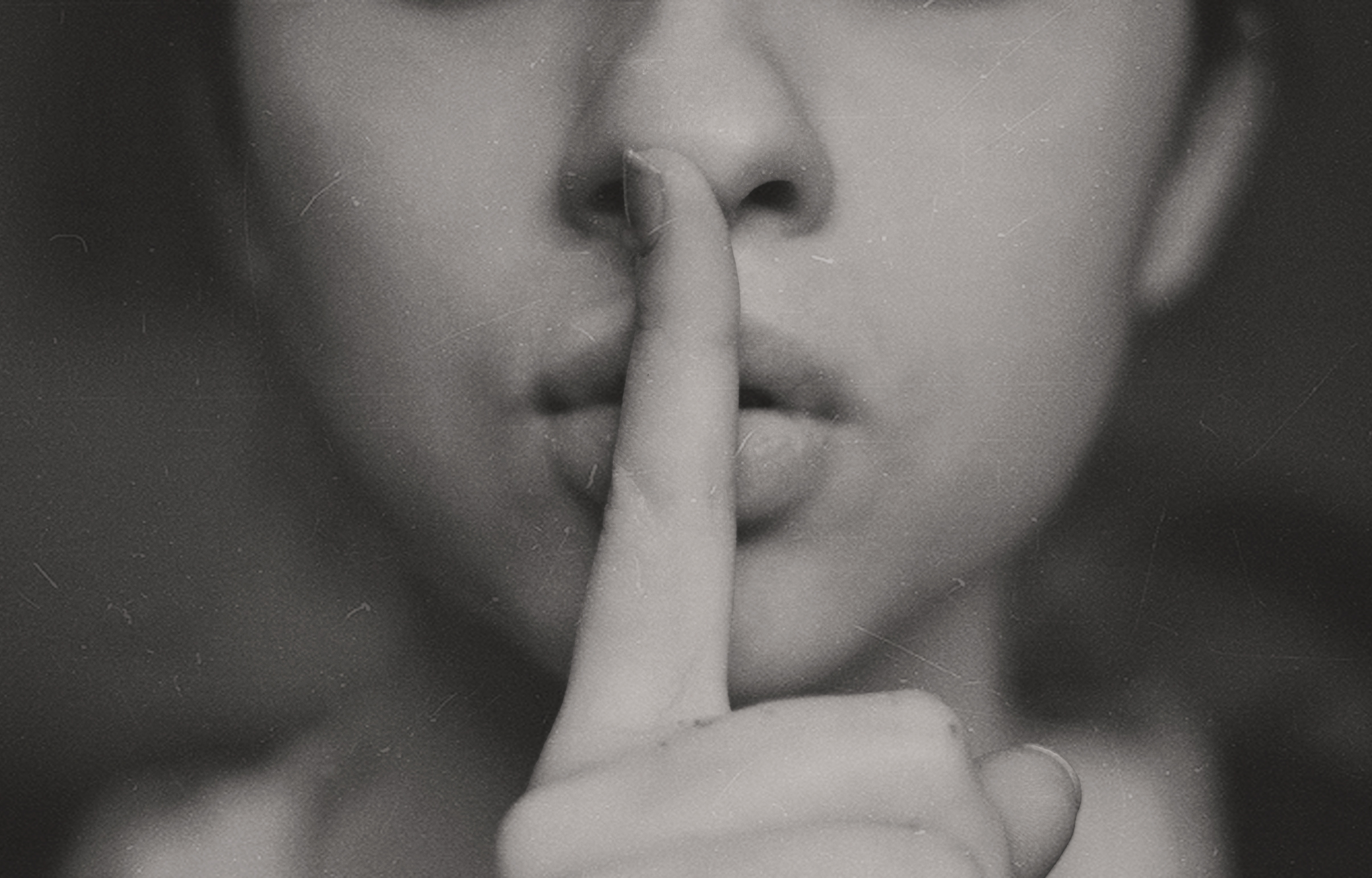Many of us listen to anything and everything to get to sleep. Podcasts, radio programmes – we just seem to find the mumbling of other persons’ voices comforting. But then, is there anything more specific, more sleep-focussed, and scientifically-proven that we could listen to in order to fall asleep? Instigated via listening to high-definition recordings of whispers, slow movements and crisp sounds, ASMR (Autonomous Sensory Meridian Response) is for many, a particularly pleasurable, relaxing tingling experience that begins on the scalp, and quickly spreads to different regions of the body.
Reportedly responsible for reducing anxiety, relieving stress and even helping you sleep, it’s no surprise therefore that listening to ASMR collections (by ‘ASMRtists’) on YouTube, Spotify and/or Apple Music has become so popular.
Sure. ASMR is yet to receive the scientific/medical attention that many believe it deserves, and as a result, continues to be considered a “new-age pseudoscience” by sceptics.
However, given the wealth of anecdotal evidence, ASMR is far from a gimmick.
Its effects are for example, plentiful (albeit anecdotal) and obvious to ASMR’s devotees or ‘ASMRheads’. And considering its supposed effect upon receptive individuals, its unsurprising that many have come to view it as a cure for insomnia, whether acute/short-term or chronic/long-term.
What’s more, our scientific and medical understanding of ASMR is gradually improving, after the first peer-reviewed research study on the phenomenon was recently conducted by E. L. Barrett and N. J. Davis. Surveying 475 participants (each of whom were self-confessed ASMRheads), Barrett and Davis found that the study’s participants sought out ASMR primarily as an opportunity for “relaxation”, and 82% of those candidates admitted to using ASMR to help them sleep.
But can ASMR help me sleep?
The reason for ASMR’s tingling, often relaxing effect upon users is still to be concluded. However, there have been numerous attempts to explain the phenomenon.
Mark Winwood, director of Psychological Services for AXA PPP Healthcare, has proposed that the reason for ASMR’s effect on an individual could lie in its association with infant-parent bonding. “The soft sounds and whispering associated with ASMR,” says Dr. Winwood, “might be directly linked with parent and infant bonding, involving soft and caring vocal tones and focused attentions, which in turn can help to create a sense of trust, closeness and emotional security, through the release of certain hormones.”
Moreover, E. L. Barrett and N. J. Davis suggested as part of their study that there appeared to be a high prevalence of synaesthesia (5.9%) – the neurological condition in which people see numbers in colour and reportedly taste shapes – within their sample of the 457 participants.
Regardless though, the vast range of ASMR-related content on YouTube and beyond, means you can easily have a go for yourself. A good starting point for example, could be AXA PPP Healthcare’s “Get to sleep using ASMR”, produced together with ASMRtist WhispersRed.
Just remember, not everybody will experience the reduction in breathing rates and anxiety that ASMRheads so often speak of. Like everything else in regards to achieving better sleep, the solutions will be enormously specific to the individual.
But let’s be honest, as any sufferer of insomnia could attest to, laying awake in bed at 3am is often the perfect place to test out these things.
Good luck!







